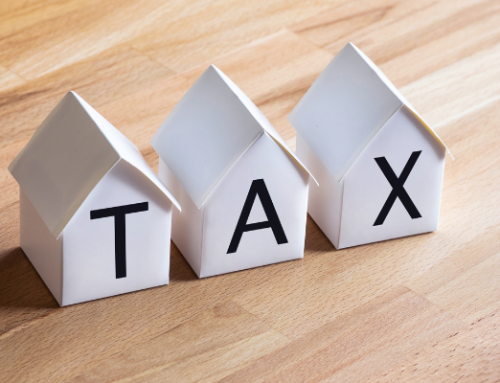The language in real estate contracts has always been important. In normal circumstances, poorly worded contracts or contracts that don’t address the specifics of the project or lessor/tenant relationship can end up costing parties time, money, and frustration. In the event of a global pandemic like the novel coronavirus, contract language can cost deals, force tenants out of their leases, or otherwise expose parties to as-yet-unknown risks.
Commercial lessors and tenants alike should take this time to carefully review their contracts, notably for declarations and restrictions of the force majeure clause.
Force majeure clauses are common in commercial leases and may provide parties excusable reasons for not meeting their obligations. Unforeseen circumstances or events totally outside the control of either party can trigger force majeure clauses; examples of force majeure events may include extreme weather, fire, or perhaps labor disputes or even terrorist acts.
In the wake of the coronavirus, a big question arises: is this global pandemic a force majeure event? The answer depends on the contract language. During a time when many tenants may be unable to meet their financial obligations, and lessors may need to put certain projects or promises on hold, the answer to this question could have wide-reaching ramifications.
Contract Wording Matters
If existing clauses are vague, nonspecific, and all-encompassing, it can be difficult to determine whether the coronavirus pandemic is considered a force majeure event. On the other hand, if the clause contains specific language relating to “disease” “epidemic/pandemic” or “illness” as possible triggering events, then coronavirus may qualify.
That’s not all.
Governmental orders could provide the triggering event if contract langue is too general. It’s typical to include governmental laws, decrees, or ordinances as viable reasons for nonperformance of a contract; with some state governments issuing stay-at-home orders or prohibiting large gatherings, force majeure could apply.
Additionally, some contracts protect the lessor more than the tenant, or vice versa. If force majeure applies to one party but not the other, it’s important to identify those differences and clearly communicate both parties’ requirements.
Contract language should also be reviewed by trusted legal counsel if tenants are required by law to shut down or significantly reduce operations, like restaurants or retail, for example. Some leases require tenants to stay open or operational during certain hours. If a retail tenant is forced to close due to state or federal laws, would that violate the terms of the contract with the lessor? And to what degree will the landlord enforce certain provisions during this time? Alternatively, some leases always require that the lessor keep the building accessible. What is the correct path when governments issue shut-down notices?
Where to Go from Here
There are many questions and fewer clear answers. One issue that lessors should keep in mind is that even though relief for rent payments has not been included in federal stimulus packages, it’s to be expected that tenants will request delays in rent payments due to financial hardship. At the lessor’s discretion, ad hoc contract negotiations for waivers, forbearance, and other modifications can help solve the more immediate needs of both parties.
There are federal and state resources to help affected businesses mitigate financial losses through low-interest disaster assistance loans, state-deferred sales taxes, and more. Lessors and tenants who are in conversations about potential contract nonperformance can consider these outside resources in overall discussions.
The bottom line is to read the leases, whether lessor or tenant and gain an understanding of the impact of a national disaster. Have a conversation with a trusted legal team.
The coronavirus is likely to disrupt business for many weeks to come, and it is imperative that all parties remain proactive and quickly address potential issues as they arise. In my next article, we’ll take a look at the impact of the coronavirus on commercial real estate.
Clients who are unsure how the pandemic will affect construction or real estate can reach out to Jennifer French, Partner and Leader of the PBMares Construction and Real Estate Team for questions.





